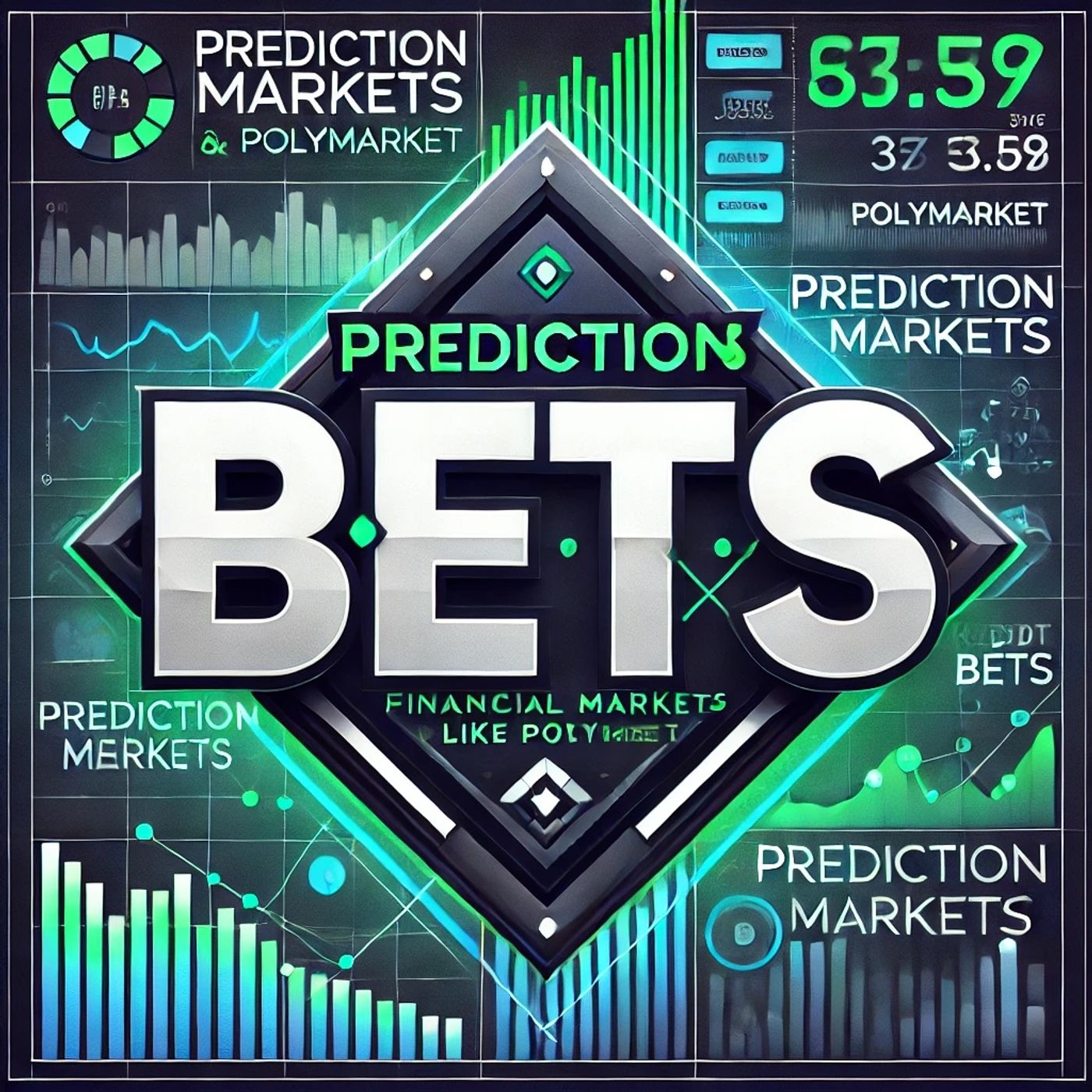Oct 20 2024 2 mins
In the dynamic world of prediction markets and betting, fluctuations in political and financial spheres are captured moment to moment, reflecting broader sentiments and forecasts about future events. These prediction platforms, ranging from specialized financial instruments to more familiar sportsbooks and betting sites, provide an intriguing lens through which to view upcoming changes and predictions about various outcomes, including political elections and economic shifts.
Take, for example, the betting odds surrounding former President Donald Trump, a figure who continually stirs strong opinions and speculative forecasting. Recently, Trump was leading prominently in political prediction markets such as Polymarket, with odds moving strongly in his favor at 59.9%. This kind of data suggests a significant amount of confidence from bettors regarding his potential involvement and success in future political endeavors.
Similarly, offshore betting sites and sportsbooks like Pinnacle have labeled Trump as a heavy favorite, indicating a consensus among many bet-oriented platforms about his enduring influence and potential re-entry into prominent national or global roles. This predictive favoritism isn't limited to political figures alone but extends into the realm of economics, particularly in the volatile arena of cryptocurrencies.
The cryptocurrency market, with Bitcoin at the helm, often sees prognostications from figures like Matt Hougan, the chief investment officer at Bitwise. Hougan recently projected a continued ascent for Bitcoin, hinting at significant bullish trends amidst broader market shifts. Such predictions fuel speculative trading and influence investor sentiments, driving discussions and decisions in financial circles.
These markets all operate under the principle of aggregating diverse opinions and converting them into a consolidated forecast, usually expressed in real-time pricing or betting odds. They not only reflect current views but also influence future markets through the behavioral economics principle of the 'wisdom of crowds.'
This complex interplay of prediction markets, whether through political polling or betting odds in sports and finance, illustrates a powerful tool for gauging public sentiment and predicting future events. As these tools continue to evolve, they offer valuable insights not just into who might win a political race or how a cryptocurrency might perform but also into how collective human intuition and judgment shape our prediction of future trends.
Take, for example, the betting odds surrounding former President Donald Trump, a figure who continually stirs strong opinions and speculative forecasting. Recently, Trump was leading prominently in political prediction markets such as Polymarket, with odds moving strongly in his favor at 59.9%. This kind of data suggests a significant amount of confidence from bettors regarding his potential involvement and success in future political endeavors.
Similarly, offshore betting sites and sportsbooks like Pinnacle have labeled Trump as a heavy favorite, indicating a consensus among many bet-oriented platforms about his enduring influence and potential re-entry into prominent national or global roles. This predictive favoritism isn't limited to political figures alone but extends into the realm of economics, particularly in the volatile arena of cryptocurrencies.
The cryptocurrency market, with Bitcoin at the helm, often sees prognostications from figures like Matt Hougan, the chief investment officer at Bitwise. Hougan recently projected a continued ascent for Bitcoin, hinting at significant bullish trends amidst broader market shifts. Such predictions fuel speculative trading and influence investor sentiments, driving discussions and decisions in financial circles.
These markets all operate under the principle of aggregating diverse opinions and converting them into a consolidated forecast, usually expressed in real-time pricing or betting odds. They not only reflect current views but also influence future markets through the behavioral economics principle of the 'wisdom of crowds.'
This complex interplay of prediction markets, whether through political polling or betting odds in sports and finance, illustrates a powerful tool for gauging public sentiment and predicting future events. As these tools continue to evolve, they offer valuable insights not just into who might win a political race or how a cryptocurrency might perform but also into how collective human intuition and judgment shape our prediction of future trends.
